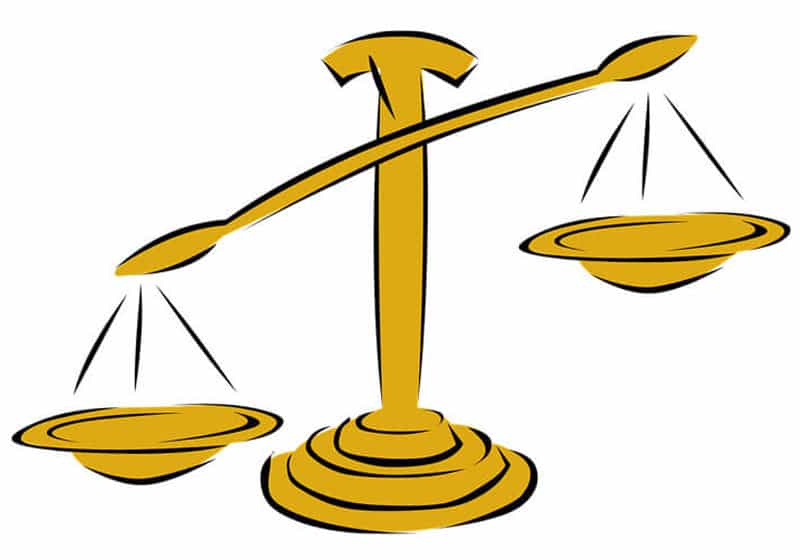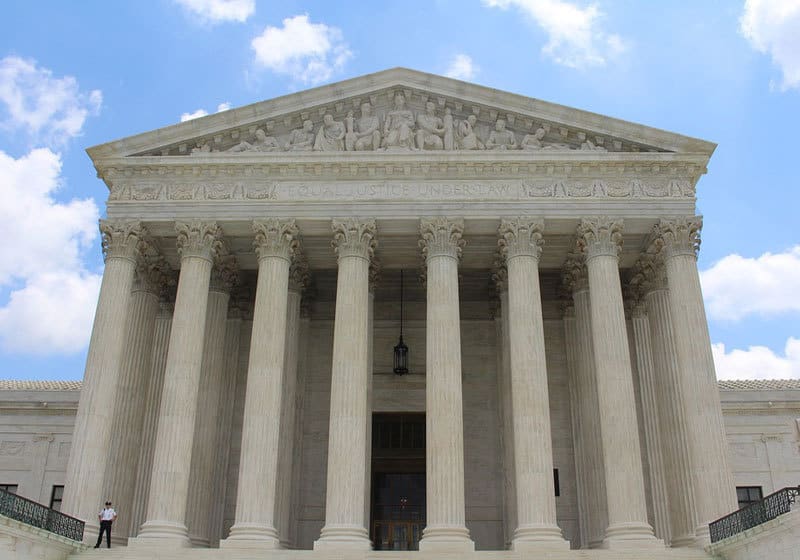A federal judge has rejected a proposed $100 million settlement between Uber and its drivers in California and Massachusetts, ruling that the deal did not adequately compensate the drivers. The decision, delivered by Judge Edward Chen, is a significant setback for the company, which has been embroiled in legal battles over the employment status of its drivers.
3 Years of Uber Lawsuits
The lawsuits, which have been ongoing for three years, argued that their drivers should be classified as employees rather than independent contractors. This classification would entitle them to benefits such as overtime pay, health insurance, and reimbursement for expenses like gas and tolls. Uber, however, has consistently maintained that its drivers are independent contractors who enjoy the flexibility to set their own hours and choose their rides.
The rejected settlement would have provided approximately 300,000 drivers in California and Massachusetts with payments based on the number of miles they had driven for Uber. Additionally, drivers would have been allowed to display signs in their cars requesting tips from passengers. Despite these provisions, the vast majority of drivers would have received less than $100 each, while more frequent drivers would have received an average of $1,950 in California and $979 in Massachusetts.
Judge Chen’s ruling emphasized that the $100 million settlement was a small fraction of the over $1 billion in potential damages if the case went to trial. “The court cannot find that the settlement is fair and adequate,” he wrote, highlighting the inadequacy of the compensation offered to the drivers.
Company Disappointed
The company expressed disappointment with the ruling, stating, “The settlement, mutually agreed by both sides, was fair and reasonable.” The company is currently exploring its options in response to the decision. Shannon Liss-Riordan, the lawyer representing the drivers, also expressed her disappointment but acknowledged the judge’s concerns. “I am disappointed the judge did not approve the settlement, but I understand,” she said. “His concern was primarily…the potential penalties under that statute could theoretically be enormous.”
This decision could have broader implications for their business model and its classification of drivers as independent contractors. If the drivers were to be classified as employees, it could significantly increase Uber’s operational costs and impact its ability to provide flexible work options for its drivers.
The case will continue to unfold as both sides reassess their positions in light of the judge’s ruling, potentially setting the stage for further legal battles and negotiations.





